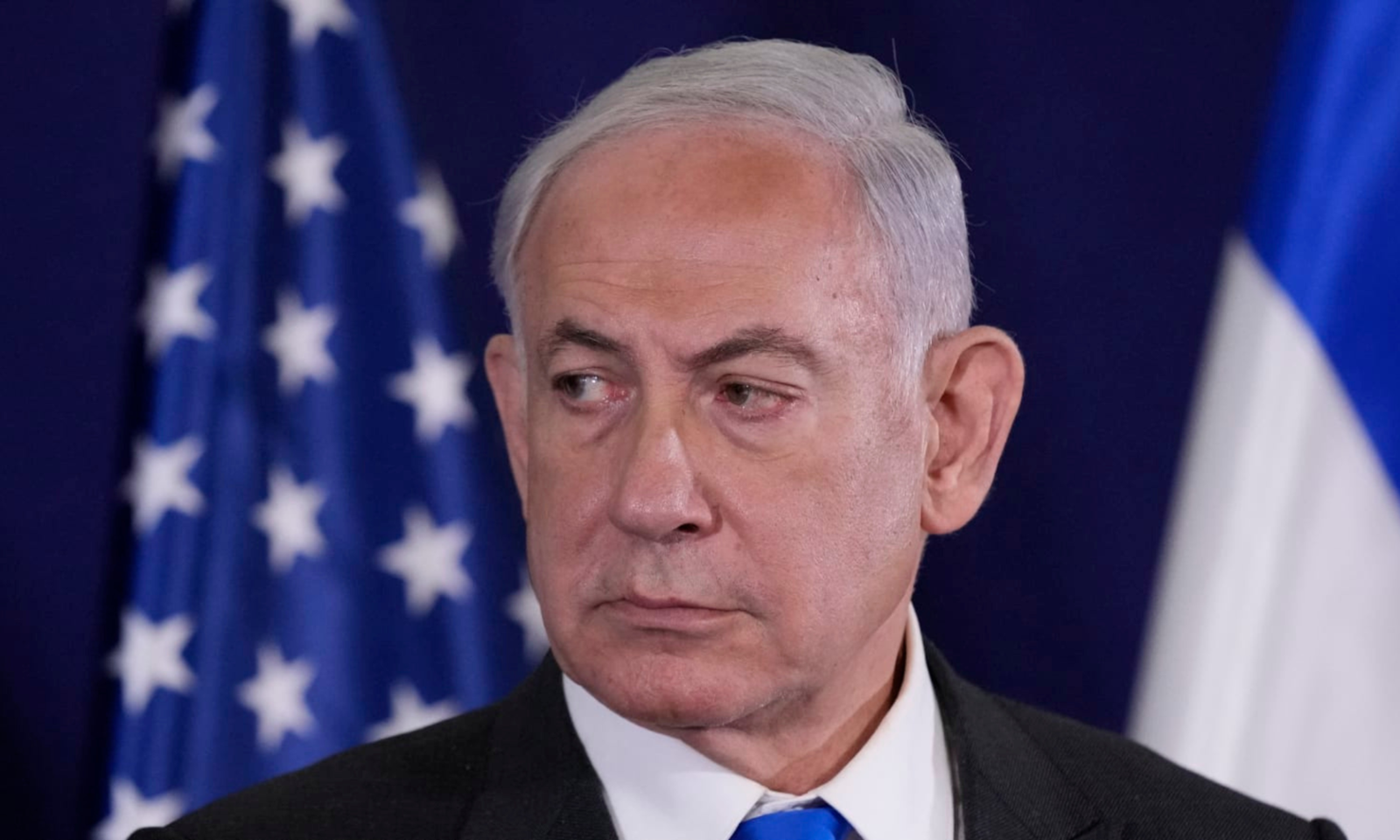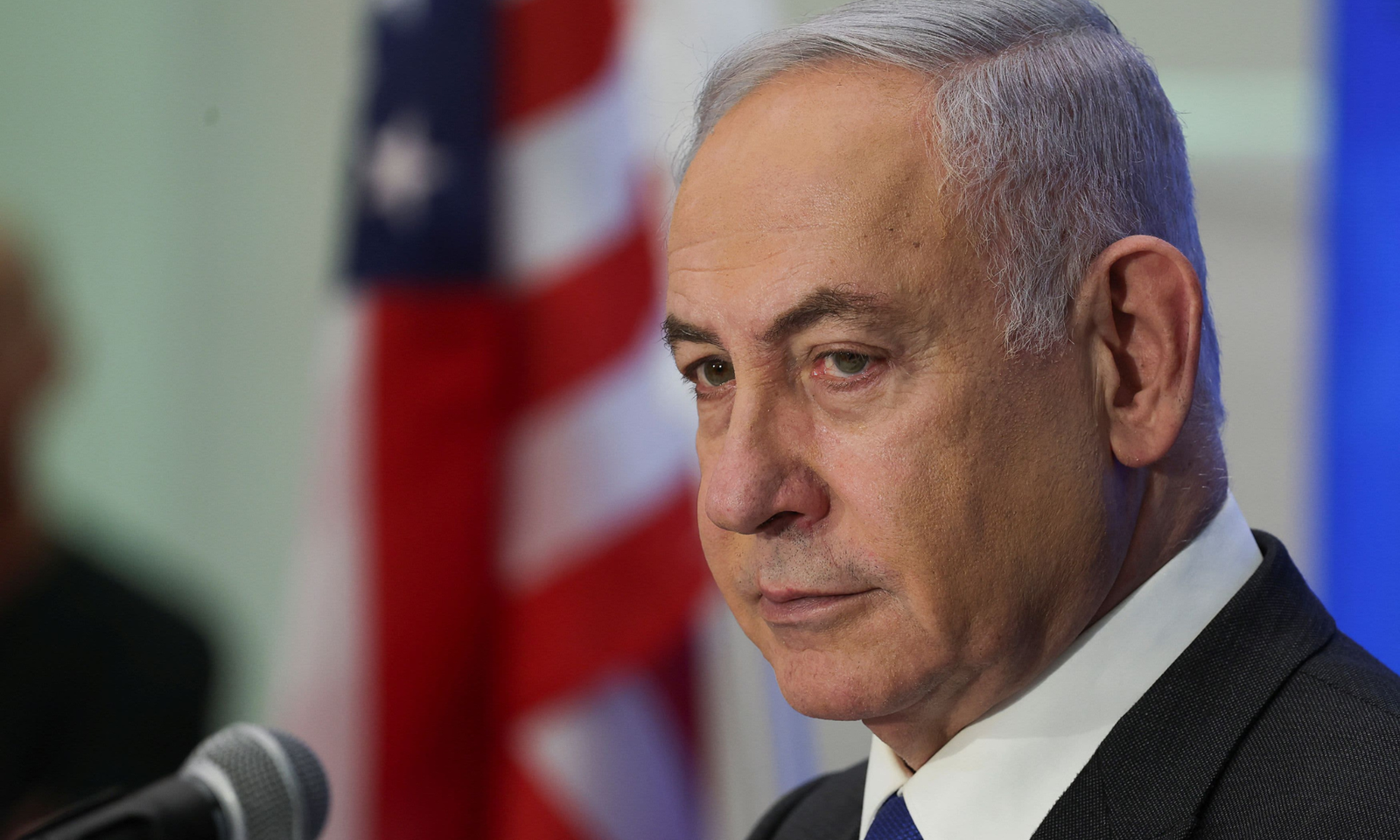After hundreds of drones and missiles were fired toward Israel over the weekend as part of an Iranian strike, Israel is threatening to react against Iran and turn the two enemies’ ongoing shadow war into a real confrontation.
Israel commit revenge from Iran
When and how an attack would occur has not been disclosed by Israeli officials. But it’s obvious that a direct Israeli attack on Iranian soil would have serious repercussions as nations all over the world call on Israel to exercise restraint and the possibility of a multi-front conflict grows.
Iran claims it launched the attack in retaliation for an Israeli bombing on April 1 that claimed the lives of two Iranian generals in Syria. It has promised to retaliate against any Israeli counterattack on its territory with even more vigor.

The U.S. has asked Israel to exercise prudence while it concentrates on its campaign against Hamas in Gaza and is already waging a daily battle with militants backed by Iran in Lebanon.
According to U.S. sources, President Joe Biden informed Israeli Prime Minister Benjamin Netanyahu that the United States will not take part in any offensive action against Iran, but that we do need to carefully and strategically consider the risks of escalation.
For the past two days, Israel’s war cabinet has been discussing their next course of action. These are some factors that were crucial in their choice.
RISING ISOLATION OF ISRAELI
Israel enjoyed a brief period of international sympathy and support on Saturday night because to its effective air defense, which was carried out in concert with the United States, Britain, France, and Jordan. This came after months of growing international isolation due to the Gaza war. According to local health professionals, the six-month offensive has killed about 34,000 Palestinians and caused a humanitarian crisis.
An alliance of foreign allies aided Israel in its successful self-defense. 98% of the weapons, according to Israel’s military, were intercepted; just few made it into Israeli airspace. Only a small amount of damage was done by the attack, and a 7-year-old girl was hurt.
Under the direction of U.S. Central Command, which is in charge of American forces in the area, this coalition operated. In order to present a united front against Iran, it collaborates closely with Israel and the moderate Arab nations.

Despite having disagreements with Israel over the Gaza War, Jordan, a nation with a predominately Palestinian population, joined the endeavor, claiming that it was acting in self-defense.
Furthermore, since Saudi Arabia is a major regional power and does not have formal diplomatic ties with Israel, it seems plausible that Saudi Arabia provided assistance. Many of the Iranian missiles are shown going over Saudi airspace on a map that Israel posted.
Although Israel has been careful to keep the identities of its Arab allies a secret, an Israeli air force official who discussed the operation on the condition of anonymity stated that Israeli airplanes had to fly “east of Israel” in order to intercept missiles.
Israel would be sacrificing this goodwill if it moves alone, according to Yoel Guzansky, a senior researcher at the Institute for National Security Studies, a think tank located in Tel Aviv.
If Israel does not launch a huge counterattack, it can take advantage of this and buy itself a lot of credit right now, he added. However, a great deal of credit is lost if it attacks.
Arab governments’ implied backing does not imply that they would back Israel’s counteroffensive against Iran. According to Daniel Byman, a senior fellow with the Center for Strategic and International Studies in Washington, Israel would technically need to obtain permission from its Arab neighbors before conducting any air or missile response other than ballistic missiles, which would arc over rather than through neighboring countries’ airspace.
Regarding Saudi Arabia and Jordan, there are sort of route and access concerns regarding whether or not they would allow Israel to have overflight clearance. Byman stated that would be viewed as a hostile gesture from Iran’s perspective. Furthermore, despite their dislike of Iran, these nations are not particularly keen to be associated with Israel in such an endeavor.

A PAIN OF MANY-FRONT WARS
Any counterattack must be carefully considered since a large-scale strike in retaliation on Iranian territory runs the risk of starting a regional conflict.
A frontal attack on Iranian territory would most likely provoke a fierce counteroffensive and run the risk of inciting Hezbollah to carry out more strikes. Despite having a considerably more potent weaponry than Hamas, the Lebanese militia supported by Iran has demonstrated hesitation to wage a full-scale battle.
Approximately 60,000 residents of northern Israel have already had to leave their homes as a result of continuing negotiations with Hezbollah. They would probably have to spend more time away from home if they fought more.
Israel’s military would be further stretched, its attention would be diverted from Gaza, and its already battered economy would suffer from a frontal battle.
The tenuous U.S. support for the war might also be jeopardized by any significant attack on Iranian soil.
According to two U.S. officials, Israel hasn’t yet informed the country of how it plans to react. Speaking under anonymity to discuss diplomatic talks, the officials claimed that Israel has indicated that any action it takes will be intended to keep the already precarious regional security situation from getting worse. That might indicate a more constrained course of action, such hitting Iranian proxies located throughout the region or attacking Iran via cyberspace.
According to Tamar Hermann, an Israel Democracy Institute pollster, the majority of Israelis support military action as long as it is coordinated with US and other regional partners.
Hermann stated that there will be significantly less support if it is carried out without first consulting and without an agreement with allies.

ARMY CAPABILITY
The army of Israel is far stronger than any other in the area. It is equipped with a variety of advanced weapons, such as long-range missile-launching F35 fighter planes. According to experts, it is capable of hitting Iran directly or through its regional proxies.
The Iranian air force, according to weapons specialist and International Institute for Strategic Studies research fellow Fabian Hinz, is “not even remotely comparable.” According to him, the force is made up of a variety of aircraft from the 1980s and 1990s, some of which are from the time of Shah Mohammad Reza Pahlavi’s authority, which lasted until 1979.
According to him, not much is known about the Islamic republic’s air defense system’s reach. Hindz noted that a large number of Iran’s nuclear and missile sites are buried deep down, making them challenging to destroy. In addition, Israel might require the Gulf Arab states’ consent to utilize their airspace, though this is not a given.
Raz Zimmt, another senior researcher at Israel’s INSS, stated, “I don’t think it’s going to be a full-scale Israeli attack against many targets all over Iran.” It is likely to be restricted to one or two targets, possibly within Iran.

